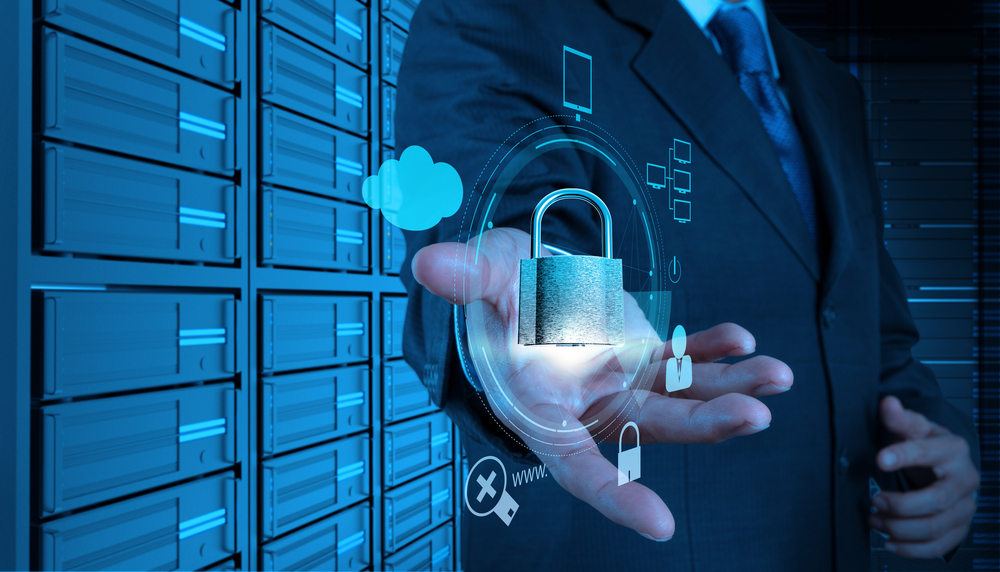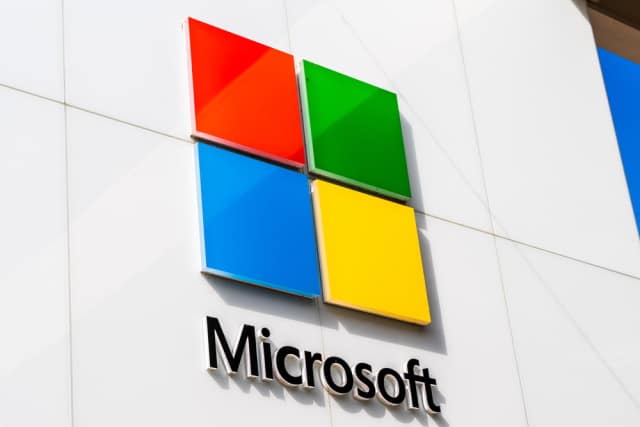
How to defend against hackers
As damaging as security threats can be, they’re also easily avoidable when you have the appropriate safeguards in place. For businesses in particular, investing in the right methods is essential.
Here are my top 7 tips for keeping your data secure.

Why DevOps teams need to take container security seriously [Q&A]
Earlier this year hackers were able to exploit container platform Kubernetes to install cryptomining software in Microsoft Azure.
Fei Huang, chief strategy officer at container security platform NeuVector believes that this should be a wake up call to get the attention of enterprise DevOps and DevSecOps teams. We spoke to him to find out more about the risks and how they can be addressed.

80 percent of companies see more cyberattacks during the pandemic
Since the onset of the COVID-19 crisis earlier this year 80 percent of companies have seen 'slightly to considerably more' cyberattack attempts, breaking down to 88 percent in the US and 74 percent in the UK.
SIEM specialist Exabeam surveyed more that 1,000 IT security professionals at small- to medium-sized enterprises and finds that a third of respondents experienced a successful cyberattack during COVID-19, leading to network downtime for 40 percent of UK companies and 38 percent of US companies.

Check Point works with Zoom to fix 'Vanity URL' vulnerability
Researchers at Check Point have been working with Zoom to to fix a security issue that would have allowed hackers to manipulate organizations’ customizable Zoom 'Vanity URLs'.
The vulnerability would allow attackers to send legitimate-looking meeting invitations, with the aim of inserting malware and stealing data or credentials from unsuspecting victims.

VPN with 'strict no-logs policy' exposed millions of user log files including account passwords
An unprotected database belonging to the VPN service UFO VPN was exposed online for more than two weeks. Contained within the database were more than 20 million logs including user passwords stored in plain text.
User of both UFO VPN free and paid services are affected by the data breach which was discovered by the security research team at Comparitech. Despite the Hong Kong-based VPN provider claiming to have a "strict no-logs policy" and that any data collected is anonymized, Comparitech says that "based on the contents of the database, users' information does not appear to be anonymous at all".

New research provides organizations with a roadmap for cloud security
Organizations often rush into cloud deployments without fully appreciating all of the risks that they can present.
A new report from cybersecurity advisory and assessment services firm Coalfire identifies key considerations, common pitfalls, and practical advice for professionals who have responsibility for enterprise cloud strategy, planning, adoption, and operations.

13 percent of Q1 phishing attacks related to COVID-19
In the first quarter of 2020 phishing attacks increased by 22.5 percent compared to the end of 2019, and 13 percent of all phishing was related to COVID-19.
A new report from Positive Technologies also shows that in Q1 there were 23 very active APT groups whose attacks targeted mostly government agencies, industrial, finance, and medical institutions.

F-Secure uncovers counterfeit Cisco network devices
Finnish cybersecurity company F-Secure has published a report detailing its investigation into a pair of counterfeit Cisco network switches.
The investigation concludes that the counterfeits had been designed to bypass processes that authenticate system components. Two different counterfeit versions of Cisco Catalyst 2960-X series switches were discovered by an IT company after a software update stopped them from working.

SIGRed: Microsoft releases patch for critical, wormable vulnerability in Windows DNS Server
As part of this month's Patch Tuesday, Microsoft has issued a fix for a 17-year-old Windows DNS Server vulnerability. Known as SIGRed and tracked as CVE-2020-1350, the flaw is a serious one that has been assigned a CVSS base score of 10.0.
The vulnerability affects all version of Windows Server and is a wormable remote code execution flaw that requires no user interaction. In addition to issuing a critical patch, Microsoft has also provided details of a workaround for anyone who is unable to deploy the fix immediately

New security platform traces end-to-end cloud app activity
Using complex cloud applications built with microservices and APIs can often expose business logic that threat actors use to infiltrate applications and private data.
A new application security company Traceable is launching today with a platform that traces end-to-end application activity from the user and session all the way through the application code. Traceable's TraceAI machine learning and distributed tracing technology analyzes data to learn normal application behavior and detect any activity that deviates from the norm.

Email impersonation attacks target dispersed workforces
With increased numbers of people working remotely, a new report reveals that cybercriminals are using email impersonation to prey on the sense of urgency of an increasingly distracted and dispersed workforce.
Email security company GreatHorn has collected data from over 640 security, IT and C-suite professionals to gain a better understanding of new threat vectors and attack strategies. It found almost half of respondents (48.7 percent) report seeing impersonations of people such as colleagues, customers or vendors.

More than half of cybersecurity professionals suffer overwork or burnout
New research from the UK's Chartered Institute of Information Security (CIISec) shows that overwork and burnout remain major problems for the IT security sector.
The study of almost 450 cybersecurity professionals shows that 54 percent of respondents have either left a job due to overwork or burnout, or have worked with someone who has.

New platform combines application and infrastructure risk management
Vulnerability management specialist RiskSense is launching a new version of its platform that harmonizes threat analysis, prioritization and risk scoring across both network-based assets and applications.
RiskSense aggregates and normalizes outputs from multiple data sources including SAST, DAST, open source software, containers, pen testing and bug bounty programs. This approach enables organizations to easily pinpoint and fix vulnerabilities in their attack surface regardless of where they arise.

Microsoft's new Kernel Data Protection will make kernel memory read-only and block attacks on Windows 10
Microsoft has revealed details of a new platform security technology which the company says will prevent data corruption attacks.
Kernel Data Protection (KDP) works by marking sections of kernel memory as read-only, so there is no way it can be tampered with. The technology comes in response to the fact that increasing numbers of attackers are using data corruption techniques to bypass security, gain additional privileges, and more.

Imperva launches new cloud data security solution to help digital transformation
As companies accelerate their digital transformation programs, many move data into the cloud without all the security controls necessary to protect both their organization and customers’ data. This leaves them vulnerable to cyberattacks and without evidence of compliance with data protection regulations
Cybersecurity specialist Imperva is launching a new SaaS Cloud Data Security product that gives businesses visibility and compliance oversight for data hosted in a database-as-a-service (DbaaS).
